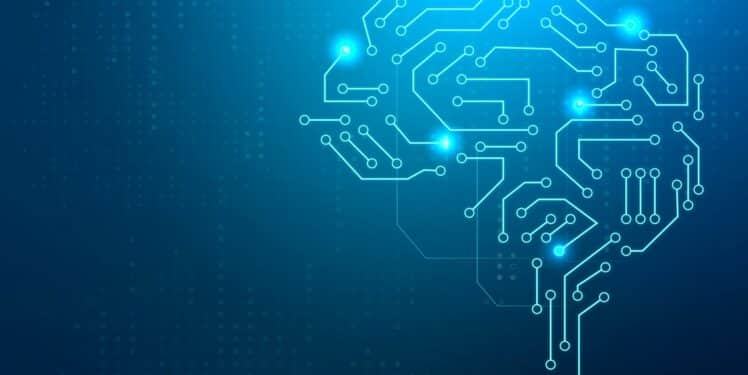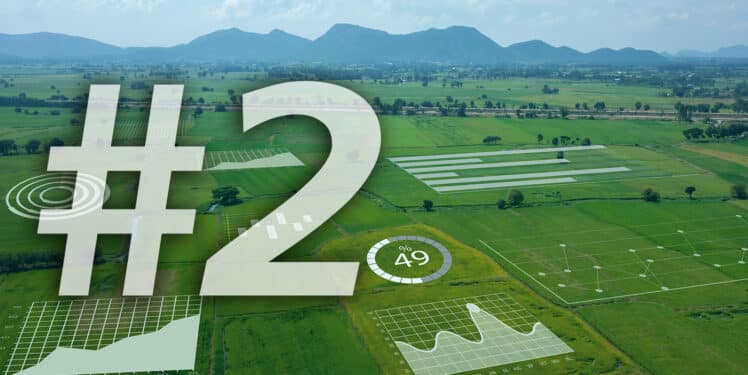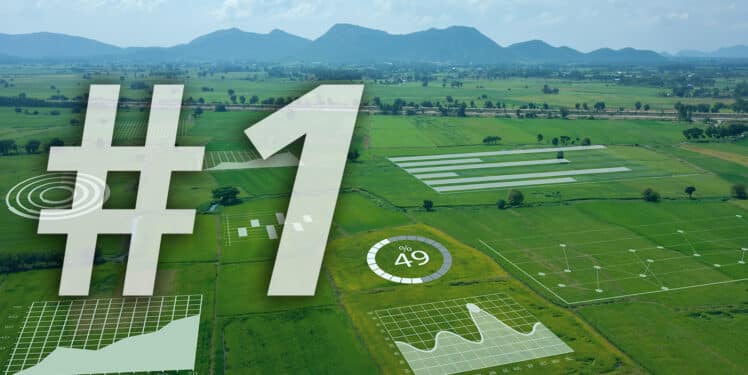Potenzial von KI in Unternehmen: Ist ein LLM der Hammer für alle Schrauben?
In Episode 33 des MORGEN DENKER Podcasts diskutierten unsere Experten (Andreas Jedlitschka, Julien Siebert und Thorsten Honroth) das Thema LLM. Der Titel des Podcasts: »LLM: der Hammer für alle Schrauben?«. So humorvoll dieser Podcast-Titel auch klingen mag, offenbart er eine…










